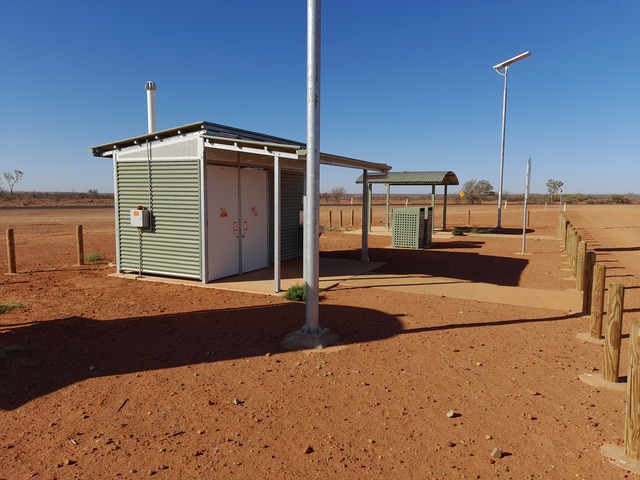Digital Edition
Subscribe
Get an all ACCESS PASS to the News and your Digital Edition with an online subscription
Great Flinders rises to the top
Great Flinders reigned supreme in the Eyre Peninsula under 17 girls’ cricket competition after a 118-run grand final victory against Le Hunte last Sunday...








